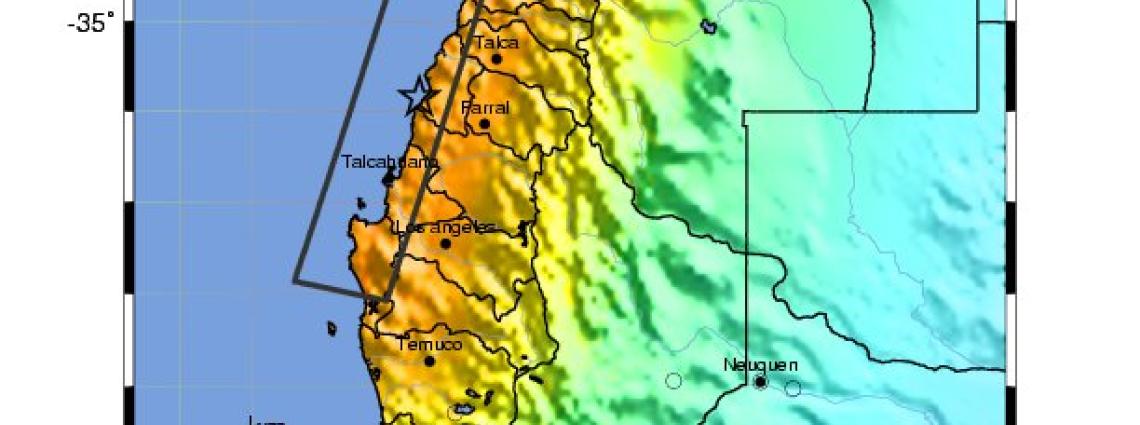New Radionuclide Station inaugurated on Galápagos, Ecuador
Cutting RN24 ribbon (Ms. Carola Iniguez, CTBTO Executive Secretary Lassina Zerbo, Vice Admiral Fernando Noboa and Mr. Mera Gilen.
All IMS stations adhere to stringent environmental guidelines for installation and operation, a fact that was particularly appreciated by the Ecuador authorities, given the extraordinary significance of Galápagos as a UNESCO World Heritage Site and a unique environmental habitat. Ecuador ratified the CTBT on 15 November 2001 after signing it about five years earlier. With its ratification Ecuador also promised to host the necessary facilities for the IMS.
CTBTO Executive Secretary Lassina Zerbo speaking to the audience on RN24 inauguration ceremony.
"By completing its portion of the IMS, Ecuador sends a clear message of support towards the CTBT and its concepts of multilateralism, equity, verifiability"
Vice Admiral Fernando Noboa, Commander in Chief of the Navy, speaking at RN24 inauguration.
"As of today, Ecuador is part of this incredible and unique global network,"

Group photo
Undersecretary for International Organisations Carola Iñiguez, speaking at RN24 inauguration
"Ecuador is one of the few countries that has made a decision that disarmament is a priority,"
Dr. Jorge Carrion Tacuri, Galapagos National Park Directorate speaking at RN24 inauguration.
" We are convinced that international cooperation leads to objectives on common benefit,"
22 Nov 2016
